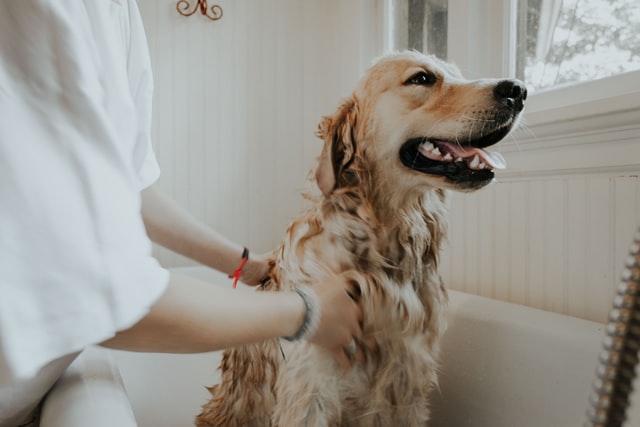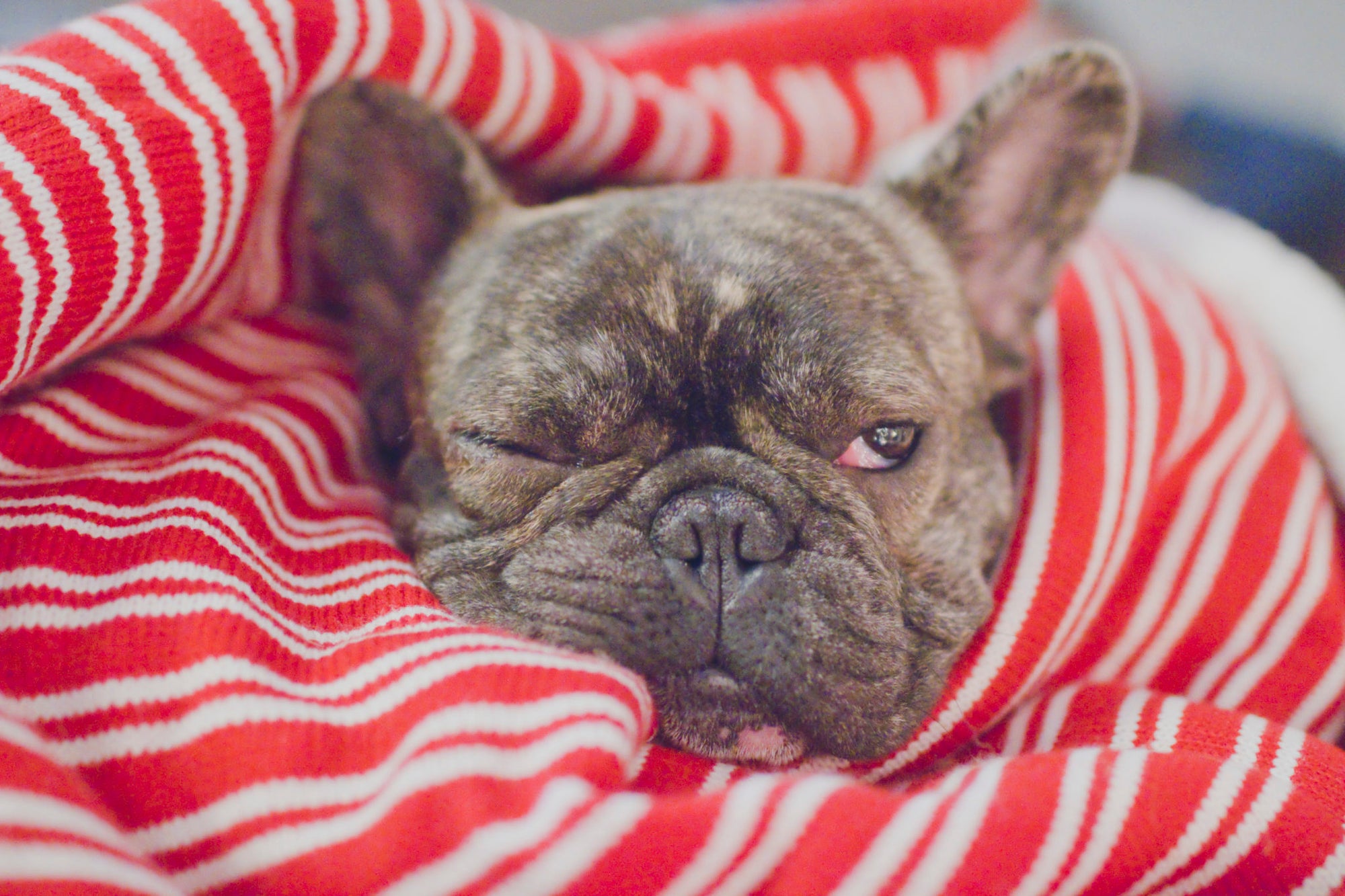As the world currently responds to the spread of COVID-19, many dog parents may be worried about risks their dogs pose to their health, and vice versa. The important thing to know is there’s no evidence to suggest that pets can infect their people with coronavirus. However, there are some precautionary measures you can take to stay healthy.
How does COVID-19 spread?
The virus is mainly known to spread person-to-person, by close contact and exposure to an infected person’s respiratory particles, i.e being coughed on. Symptoms can show up anywhere from 2-14 days after exposure, and may include fever, cough, and shortness of breath. Older individuals and those with underlying health conditions such as heart disease, lung disease, and diabetes are at greater risk for developing complications from COVID-19.
Can it spread between humans and animals?
You should feel secure knowing you are safe around your pets. The CDC states, “At this time, there is no evidence that companion animals, including pets, can spread COVID-19 or that they might be a source of infection in the United States.” However, if you are sick, you should still distance yourself from others -including your pets- to ensure they stay healthy.
What precautions should you take?
Wash your hands (and paws) routinely. Both humans and animals carry germs, even more so if you and your pet are going on routine walks. Regularly groom your animals after walks or time spent outside, ensuring they are not tracking germs inside the home -this is important for those spending increased time indoors with their pets. Be vigilant about cleaning your pets’ paws every time they come back into the home. If your household does not already have a “no shoes indoors” policy, now may be the time to adopt one to reduce the amount of germs entering your home.
At this time, there is no cure for the Coronavirus strain COVID-19. The best way to reduce the risk of spreading the virus is get vaccinated, to isolate yourself from those who may be carrying the virus, and those who are at higher risk of complications if they contract the virus. Continue your routine of going on walks with your pet, but avoid social areas and maintain social distancing efforts.
What should you not do?
DO NOT use household cleaning products on your animals; these are intended to sanitize and disinfect surfaces, not humans or pets. Follow AKC recommendations by using pet specific cleaning/grooming products that are adequately formulated for their unique skin needs, such as earthbath grooming wipes. Bleach, ammonia, and even alcohol-based sanitizers can cause chemical burns on the skin, and vomiting and diarrhea if ingested -i.e your pets groom themselves after usage.
A 2008 study on hand-washing techniques showed that non-antimicrobial soap reduced bacteria on skin, proving to be adequately effective in removing harmful germs and bacteria. The study also discovered how duration of washing acted as a larger factor for proper hand washing than type of soap used.
The takeaway…
There is no reason to be worried your pet can spread COVID-19. The best way to prevent the spread of coronavirus is to practice social distancing, routinely wash your hands, maintain a clean home, and regularly groom your pet -paying special attention to wiping their paws after walks or outside playtime. Avoid using harsh chemicals and household cleaning products on your animal, and opt for more naturally effective, pet specific cleaning products to remove dirt & germs from your pet.
With all that is happening in the world, use this time to focus on one-on-one time with your animals -teach them new tricks, catch up on nail trimming, work on training, or just cuddle up on the couch together. From all of us at earthbath, may you and your pets stay safe and healthy during this challenging time.






